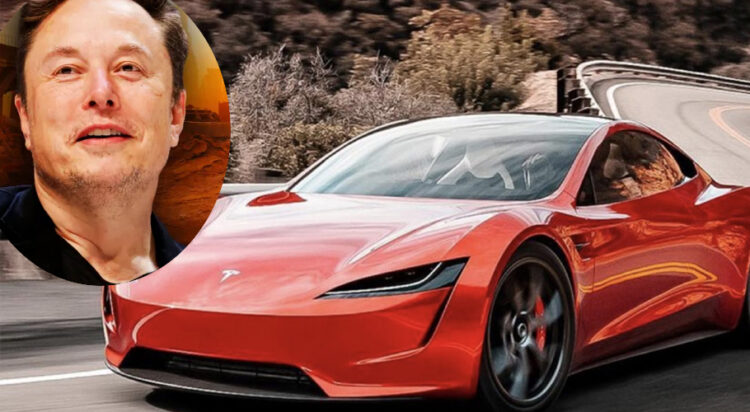Years after a contentious fallout, Tesla has officially launched operations in Saudi Arabia, signaling a renewed—if cautious—chapter in the company’s relationship with the Kingdom.
The launch, held on Thursday, marks a notable development in Tesla’s international expansion and rekindled ties between CEO Elon Musk and Saudi authorities.
During the event, Tesla’s local representatives outlined a multi-pronged strategy for entering the Saudi market.
The plan includes the introduction of online vehicle ordering, pop-up retail locations in popular shopping centers, and the rollout of Supercharger stations and dedicated service centers across key urban areas. Notably, Elon Musk did not participate in the launch, neither in person nor via video link.
Despite Saudi Arabia’s ambitions to become a major player in the electric vehicle (EV) space, the market remains in its infancy. According to analyst Sam Abuelsamid of Telemetry, just 2,000 EVs were sold in the Kingdom last year—a figure Tesla typically surpasses in the span of a single day.
Tesla’s delayed entry into Saudi Arabia is largely attributed to the lingering effects of a high-profile dispute dating back to 2018. That year, Musk’s controversial attempt to take Tesla private involved strained negotiations with the Kingdom’s powerful Public Investment Fund (PIF), ultimately souring relations.
Since then, however, diplomatic and commercial ties appear to have softened, particularly as Musk has gained political prominence in the United States through his support of Donald Trump and subsequent appointment to a senior role in the administration, where he has championed deregulation and reduced federal oversight.
Also read: Latest Suzuki car prices in Pakistan 2025
Meanwhile, several of Tesla’s global rivals have already gained a foothold in the Saudi market. Chinese automakers such as BYD and Zeekr, as well as U.S.-based Lucid Motors—heavily backed by the PIF—have established showrooms, service networks, and production plans aligned with the Kingdom’s Vision 2030 initiative, which prioritizes sustainability and technological innovation.




































